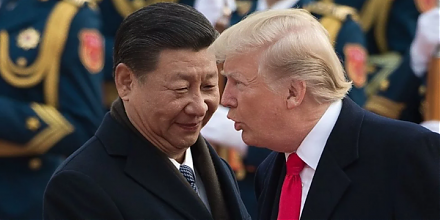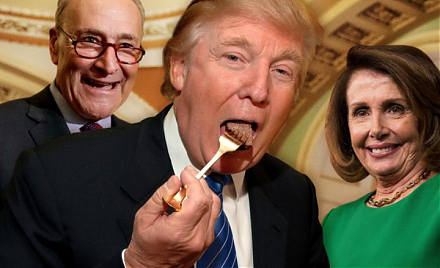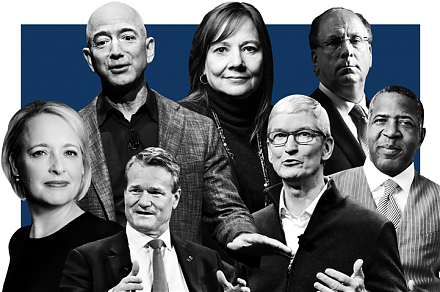

2018-07-19 18:38:00 Thu ET
federal reserve monetary policy treasury dollar employment inflation interest rate exchange rate macrofinance recession systemic risk economic growth central bank fomc greenback forward guidance euro capital global financial cycle credit cycle yield curve
Goldman Sachs chief economist Jan Hatzius proposes designing a new Financial Conditions Index (FCI) to be a weighted-average of interest rates, exchange rates, stock prices, and credit spreads. Each weight corresponds to the direct marginal contribution of each macro variate to real GDP economic growth. Hatzius amends a New Keynesian macroeconomic model to embed an FCI in a Taylor monetary policy rule that induces the central bank to ease the FCI when either inflation or employment falls below mandate-consistent thresholds. This macroeconometric analysis suggests an FCI-driven policy rule for maintaining the neutral interest rate that better contains inflation near full employment.
The Trump administration's chief economic advisor Larry Kudlow engages in a hot and healthy debate with several economists who warn of an economic recession that might arise from the Sino-American trade war with higher U.S. budget deficits and tax cuts. Kudlow advocates the optimistic outlook for the U.S. economy in light of both robust employment and 3.5%-4% real GDP growth in mid-2018. Moreover, Kudlow even emphasizes that the current U.S. economic boom may continue until 2022-2024.
In contrast, some other eminent economists such as Mark Zandi (Moody's chief economist) and Ken Griffin (Citadel CEO) are less optimistic about the current U.S. economic boom. Zandi shares his fresh insight that the Federal Reserve continues its interest rate hike to dampen inflationary pressure until a recession occurs early in the next decade. Griffin considers a murkier outlook that the Trump tax cuts may have pulled forward both consumer and business demand.
The current economic boom is the second-longest in U.S. history and thus may or may not sustain in the next decade. Treasury Secretary Steve Mnuchin reiterates America’s long-term credible commitment to maintaining a strong greenback with minimal risk of a currency war. In accordance with Mnuchin's recent remarks after the G20 summit of finance ministers, Mnuchin needs to dismiss the arcane idea of U.S. dollar intervention.
On balance, the U.S. Treasury and Federal Reserve can consider the new FCI in order to make better and wiser economic policy decisions.
If any of our AYA Analytica financial health memos (FHM), blog posts, ebooks, newsletters, and notifications etc, or any other form of online content curation, involves potential copyright concerns, please feel free to contact us at service@ayafintech.network so that we can remove relevant content in response to any such request within a reasonable time frame.
2018-06-09 16:40:00 Saturday ET

The Trump administration introduces new tariffs on $50 billion Chinese goods amid the persistent bilateral trade dispute. The tariffs effectively boost cost
2021-07-07 05:22:00 Wednesday ET

What are the best online stock market investment tools? Stock trading has seen an explosion since the start of the pandemic. As people lost their jobs an
2019-07-25 16:42:00 Thursday ET

Platforms benefit from positive network effects, scale economies, and information cascades. There are at least 2 major types of highly valuable platforms: i
2018-01-07 09:33:00 Sunday ET

Zuckerberg announces his major changes in Facebook's newsfeed algorithm and user authentication. Facebook now has to change the newsfeed filter to prior
2018-12-18 10:38:00 Tuesday ET

President Trump threatens to shut down the U.S. government in 2019 if Democrats refuse to help approve $5 billion public finance for the southern border wal
2024-04-30 09:30:00 Tuesday ET

With clean and green energy resources and electric vehicles, the global auto industry now navigates at a newer and faster pace. Both BYD and Tesla have